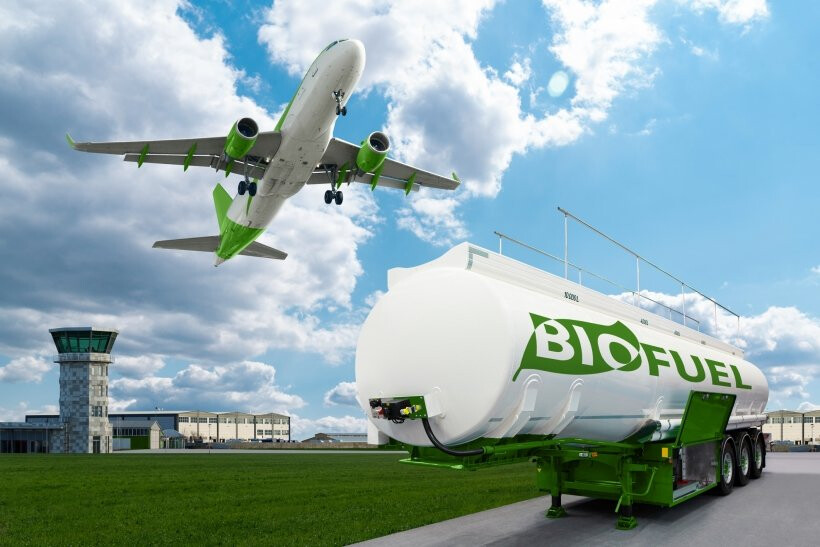
Montreal, Canada — The International Air Transport Association (IATA) is calling on governments to shift their focus from mandatory quotas to incentivizing the production of sustainable aviation fuels (SAF). Speaking at a press conference ahead of the triennial assembly of the International Civil Aviation Organization (ICAO), IATA's Director General, Willie Walsh, emphasized that the primary challenge facing the aviation industry’s climate goals is a lack of supply, not a lack of demand.
The aviation sector is under increasing pressure to reduce its carbon footprint. In Europe and the United Kingdom, new regulations mandate that 2% of aviation fuel must be sustainable. However, Walsh cautioned that these mandates, while well-intentioned, have led to significant cost increases for airlines without a corresponding increase in SAF production.
“We need the focus to be more on incentivizing production, because the problem we see is one of supply, not demand,” Walsh stated. He expressed disappointment with the slow development of SAF production, noting that the industry is not where it needs to be to achieve its ambitious goal of net-zero emissions by mid-century. While airlines are committed to using these crucial new fuels, Walsh argued that more robust government support is needed to accelerate their development.
The upcoming ICAO assembly in Montreal is expected to be a critical forum for these discussions. IATA plans to pressure member states to take more concrete action on SAF development and to strengthen their commitment to the ICAO's Carbon Offsetting and Reduction Scheme for International Aviation (CORSIA), which was approved in 2016 but has seen limited progress. So far, only one country, Guyana, has issued eligible credits under the scheme.
The assembly will address other pressing issues for the aviation industry as well. Among the concerns highlighted by IATA are the slow pace of air accident investigations, with 43% of accidents between 2018 and 2023 still lacking a final report. Another topic on the agenda is the mandatory retirement age for pilots, which IATA is advocating to raise from 65 to 67.
A significant safety concern that IATA will bring to the table is the risk of interference from new 5G networks. The association has warned that certain 5G configurations in the United States, Australia, and Canada have created unacceptable risks to air safety near airports, necessitating mitigation measures. The potential for these issues to worsen with the future rollout of even more powerful 6G networks will also be a point of discussion.
As the global aviation industry seeks to balance economic recovery with environmental responsibility and safety, the ICAO assembly will be a crucial test of international cooperation. IATA's message is clear: while airlines are ready to invest in a sustainable future, governments must provide the necessary incentives and infrastructure to make that future a reality. The path forward, according to IATA, lies not in mandates that punish the industry, but in policies that empower it to innovate and grow responsibly.
[Copyright (c) Global Economic Times. All Rights Reserved.]





























